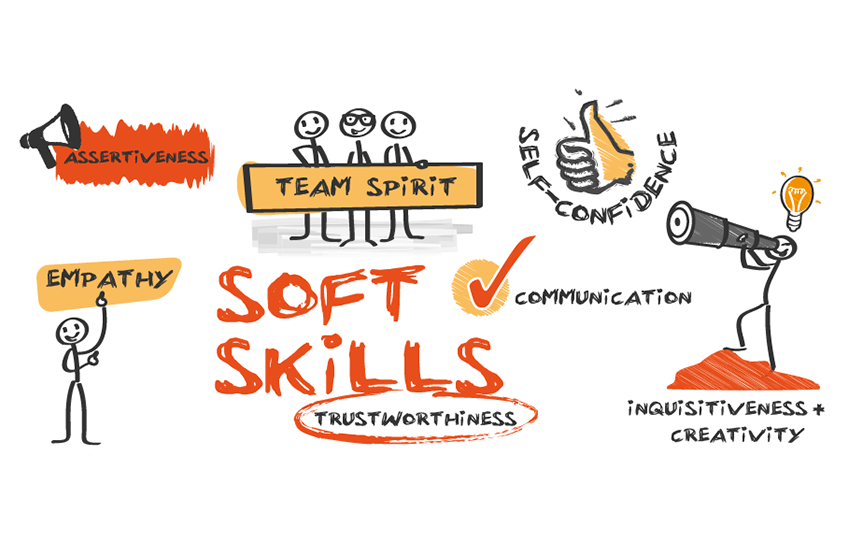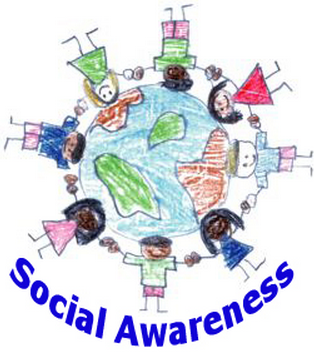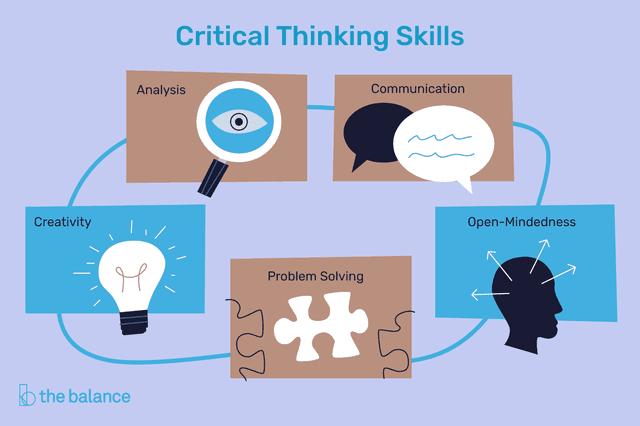How to master the soft skills of fundraising
What are the soft skills of fundraising and do you use them in your fundraising?
- Written by
- Stephanie Dotto
- Added
- March 14, 2019

How to master the soft skills of fundraising
by Stephanie Dotto
To get ahead in fundraising you need to have the right tools – but how can you be sure you’ve got what it takes to be a truly successful fundraiser? Your skills are your most important currency in the workplace and you spend years developing proficiencies that can propel you forward in your career. But we often overlook that softer side of fundraising that is necessary for building great relationships and instilling long-lasting trust with our donors.
Sure, having impeccable writing skills and a killer sense of organisation can get you far in your career. But if you don’t have the right soft skills you’ll miss important cues that could have drawn more money in for your cause.
Not sure how to bulk up your people skills? Here are a few sure-fire ways to strengthen your soft skills for better fundraising results.
1. Develop your social awareness

Even though we live in a golden age of technology, with more connectivity and real-time reporting than ever before, we’re not as connected as we like to think. People exist in social media bubbles, where the news and people they interact with are dictated by algorithms that match their personal interests. That means it’s harder to break into someone’s social ‘safe space’ and to appeal to their altruistic side without seeming too pushy or cash-hungry.
Social awareness gives you the ability to analyse, understand and respond to the needs of others. Examine how people react to your fundraising messaging – if someone responds negatively, reach out and start a conversation to see how you can educate them further and get them on your side. This reminds your audience that you’re not just an automated message on their social feed – you’re a human with a strong connection to the cause and a passion to make a difference.
When dealing with donors face-to-face, keep a close eye the way your body language may come across. Less than ten per cent of communication is actually verbal – that means body language and eye contact can go a long way in establishing an immediate rapport and making your donors feel special.
2. Learn to flex your critical thinking skills

It’s safe to say that fundraising isn’t always a science. Although we have a breadth of tools that provide us a closer look into who our key donor demographics are, we need to consider the social and political trends that may impact the way people view our fundraising campaigns. What things are happening in the world that may affect someone’s desire to do good? And what sort of messaging may be interpreted as ignorant and offensive? The worst thing you can do is say something the wrong way and alienate your fundraisers.
The better you are at viewing your audience through a critical lens, the more in tune your fundraising efforts will be with the people you’re trying to reach. Ask yourself obvious questions and consider all the perspectives. And don’t be afraid to adapt your messaging if your gut says things aren’t going according to plan. In fact, an effective fundraiser is one who is quick on her feet and can change course at the drop of a hat.
3. Apply active listening skills

We hear what people are saying, but how often are we truly listening? Communication is more than just appealing to donors and providing biscuit-cutter answers to the questions we get time and time again. The more actively we listen to our donors, the more we understand the way they think and can tailor our messaging to them. Make your ears your secret weapon. Ask follow-up questions and provide feedback. It’s the easiest way to build trust and long-lasting relationships with your audience.
The information we gain from actively listening to our supporters enhances our ability to motivate and inspire them to get involved in the cause. Remember, it’s about them, not you. Active listening enables us to ask the right questions. It gives us a deeper insight into how they feel about the issues and even allows us to step into their shoes and see things from their point of view.
‘Beyond the spoken words, there’s invaluable information to be deciphered through tone of voice, body language and what isn’t said. In other words, failing to keep your ears (and eyes) open could leave you out of the game.’ – Dr. Travis Bradberry, co-author of Emotional Intelligence (TalentSmart, Inc).
Once you learn how to pick up on social cues, decipher body language and better understand your audience your messaging will be stronger than ever. Especially when dealing with online audiences – you don’t want to find out that something could be interpreted negatively after you’ve already pushed it live. Remember to apply empathy in every situation and don’t forget that your donors are driven by diverse motivations and all have different lifestyles.
This content was provided by CharityJob, the largest and most specialised job board for the charity and not-for-profit sector in the UK.

















